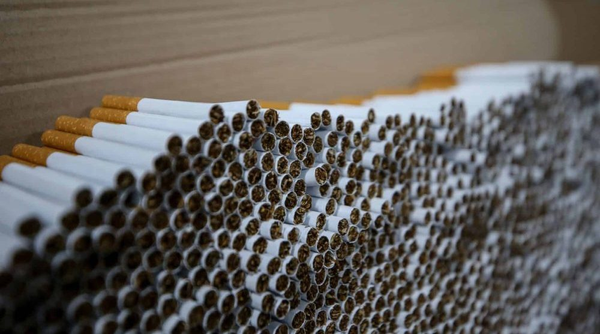Goodwill Initiates Secondhand Textile Traceability Study

Goodwill is spearheading a $2 million study aimed at enhancing traceability in secondhand textiles, a move that could set new industry standards in recycling and product lifecycle management. This initiative follows a two-year pilot program that successfully developed infrastructure for aggregating, sorting, and preparing textiles for reuse and recycling. Funded by the Walmart Foundation, the study will help Goodwill lead the textile-to-textile recycling market by finding innovative ways to reuse, remanufacture, and recycle materials.
Goodwill's earlier pilot, in collaboration with Accelerating Circularity, analyzed the fiber composition of items at the end of their reusable life and found that 60% of the materials were recyclable with existing technologies, including cotton and polyester blends. The pilot also established four regional textile hubs across 25 Goodwill organizations, which successfully sorted and graded textiles for resale, demonstrating methods that could be scaled across its 3,300 stores in the U.S. and Canada.
With this study, Goodwill aims to become a preferred partner for brands, retailers, and organizations in the fight against textile overproduction, furthering its role in the circular economy. By improving waste diversion and transparency, Goodwill is taking significant steps toward reducing environmental impact while maximizing the value of donations.




